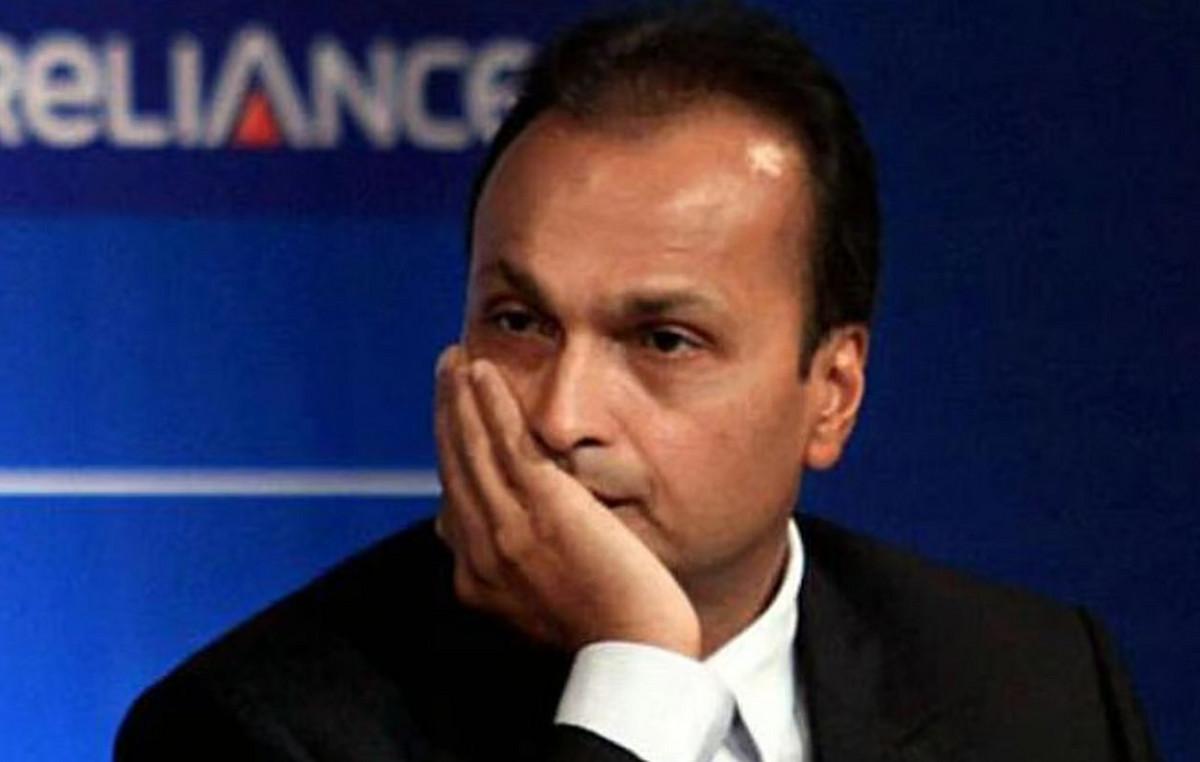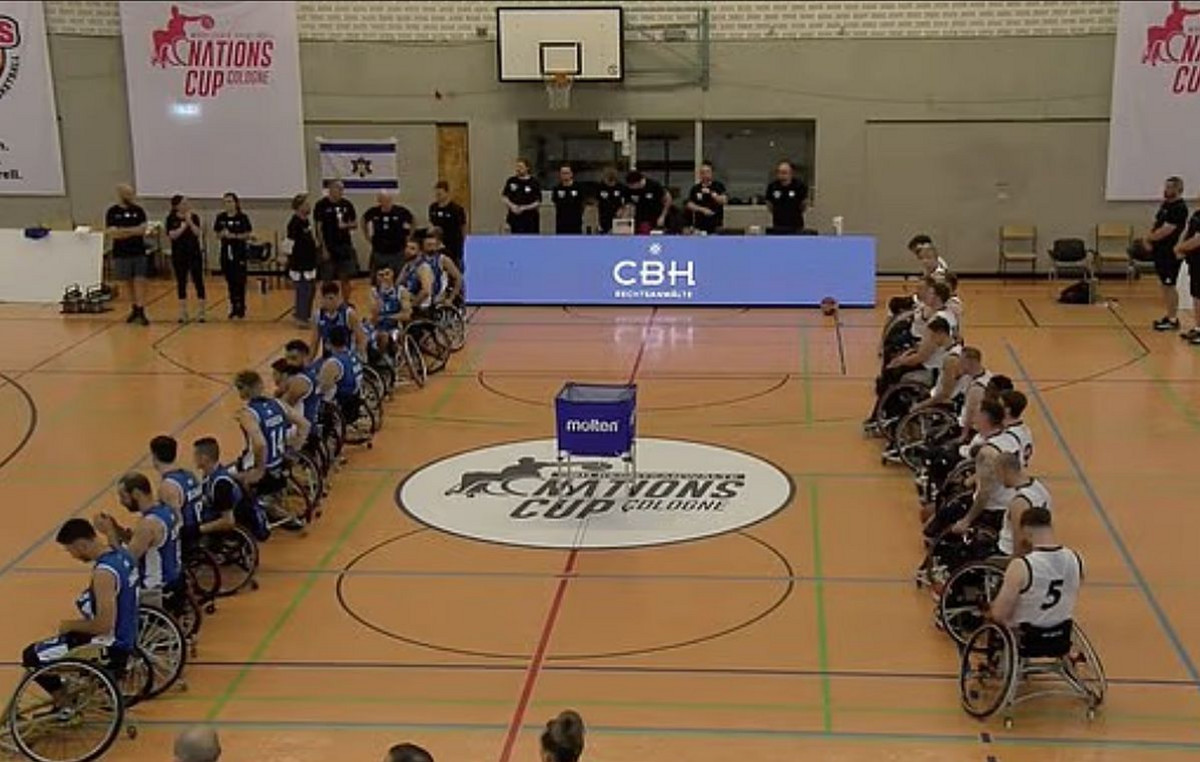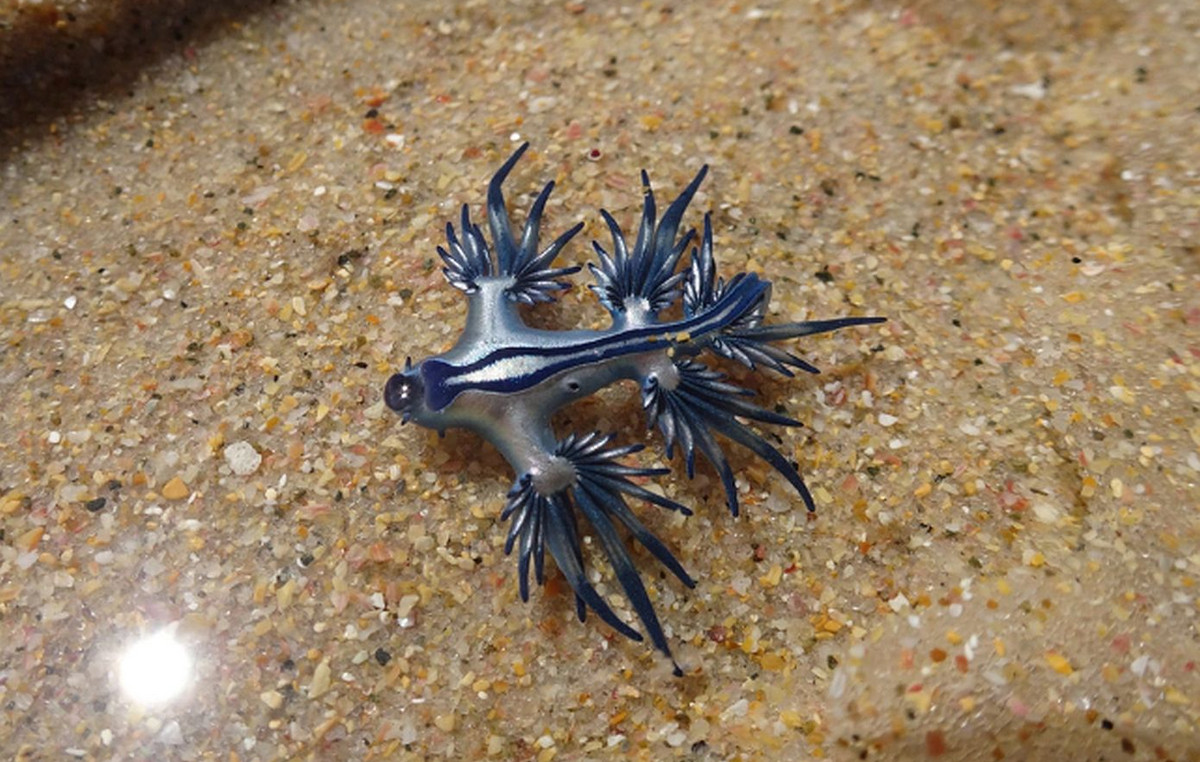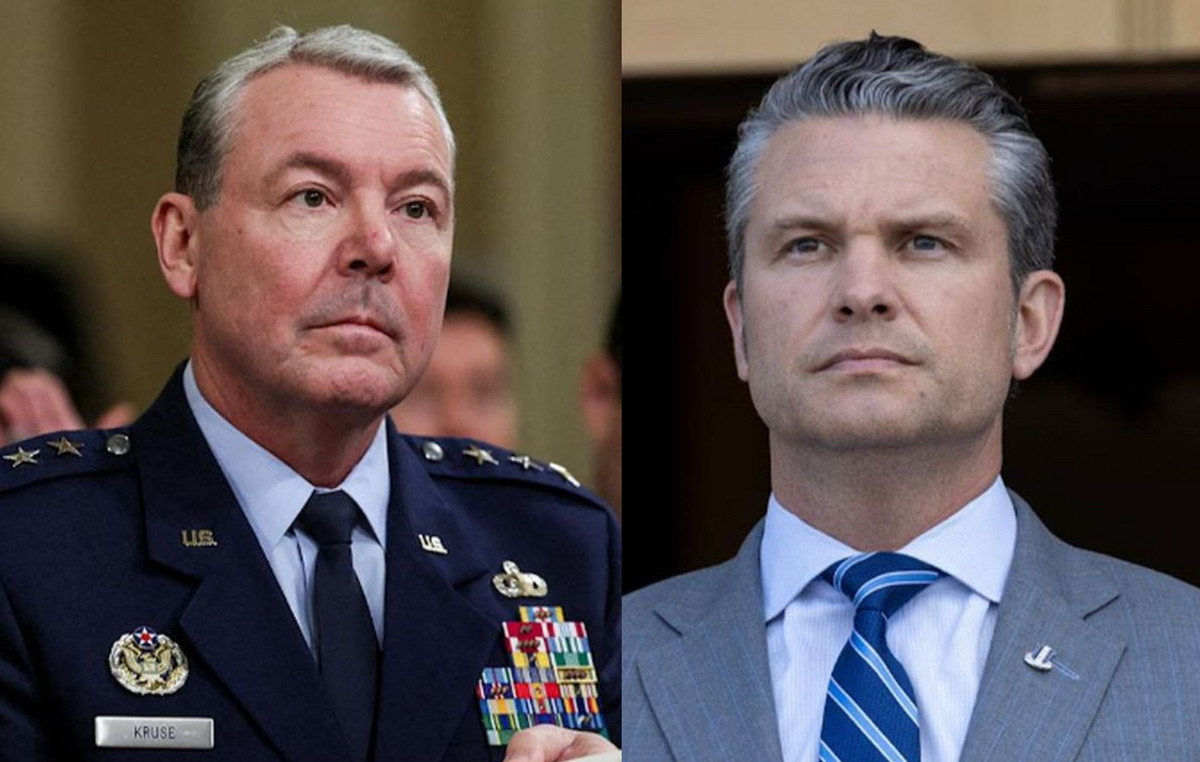President Luiz Inacio Lula da Silva landed in China on Saturday (10) in Beijing for a visit to leader XI Jinping, between May 12 and 13 to reinforce Brazil’s ties with his largest commercial partner. This is the third time the two meet.
The two countries are expected to take the opportunity to sign at least 16 bilateral agreements. According to Itamaraty, the final number may be higher, considering that another 32 agreements are under negotiation between Brazil and China.
The meeting between the presidents takes place in the context of the summit of the community of Latin American and Caribbean states (Celac) with China. Later this year, Xi Jinping should repay Lula’s visit.
According to Itamaraty, the Chinese president is likely to participate in the BRICS summit in Rio de Janeiro in July. If confirmed, the trip will open a new opportunity to sign more agreements between the two countries.
“The magnitude of the relationship with China is known and, from a commercial point of view, our exports to China are superior to our sales to the United States and the European Union,” said Ambassador Eduardo Paes Saboia, secretary of Asia and Pacific at Itamaraty.
China was among the first countries visited by Lula on its return to the presidency. He went to Shanghai and Beijing in April 2023 after passing Argentina and the United States.

At that time, the international travel schedule symbolized the effort to rapproche with important partners in Brazil, after the isolation that marked the Jair Bolsonaro government.
At the time, Lula highlighted the advance of the Brazil-China relationship beyond the commodity trade and the improvement of the strategic partnership. At the end of the meeting described as “warm and cordial,” countries issued a joint statement that, among other things, defended the reform of the international system and the dialogue as “viable exit for crisis in Ukraine.”
The president was accompanied by parliamentarians, governors and ministers. Countries signed 15 bilateral agreements in areas such as trade, research and innovation, communications, space cooperation and hunger fighting.
The list also included a memorandum of understanding to promote collaboration in projects of mutual interest, such as public-private partnerships, infrastructure and fundraising. Another 20 agreements were signed between public and private companies in Brazil and China.
That same year, Lula and Xi Jinping were present at the Brics Summit in South Africa. The meeting marked the expansion of the bloc, which included Saudi Arabia, Egypt, United Arab Emirates, Ethiopia, Indonesia and Iran, as well as Brazil, Russia, China and South Africa. decided not to join.
Already in 2024, it was the turn of Xi Jinping to visit Brazil. The Chinese president participated in the G20 summit in Rio de Janeiro and went to Brasilia, where he was received by President Lula at the Alvorada Palace, the official residence.

After the meeting, Xi Jinping said the relationship between the two countries is at its best. “We have made a retrospective of China’s relationship with Brazil over the last 50 years. We have coincided that this relationship is at the best time in history. It has an increasingly prominent and long -term global projection,” he said.
Presidents signed 37 more bilateral agreements and established task forces to accelerate projects focused on Brazil’s development strategies that have synergy with China programs. The Brazilian government, however, did not adhere to the new Silk Route, the Chinese infrastructure megaproject.
“We are determined to support our cooperation for the next 50 years in areas such as sustainable infrastructure, energy transition, artificial intelligence, digital economy, health and aerospace,” said Lula.
At the time, both defended the reform of the global governance system, with greater participation of developing countries.
“China and Brazil must proactively assume the great historical responsibility of safeguarding the common interests of the global southern countries and to promote a fairer and more equitable international order,” said Xi Jinping.
And Lula stressed: “We defend the reform of global governance and a more democratic, fair, equitable and environmentally sustainable international system. In a world plagued by armed conflicts and geopolitical tensions, China and Brazil place peace, diplomacy and dialogue first.”
Just before the meeting between Lula and Xi Jinping in Brasilia, the two countries had presented a joint proposal for peace in Ukraine. The plan, discussed by the special advisor of the Brazilian presidency, Celso Amorim, and Chinese Foreign Minister Wang Yi, predicted the ceasefire and increased humanitarian aid, but not the removal of troops to Ukraine.
On the eve of Lula’s second official visit to China, both the Brazilian president and the Chinese leader were in Russia, at the invitation of Vladimir Putin, to the military parade that celebrated the 80th anniversary of the victory of the former Soviet Union about Nazi Germany.
Lula was also in China three times in his previous governments -. At the time, the Chinese president was Hu Jintao, the predecessor of Xi Jinping.
In 2004, Brazil recognized China as a market economy; In 2008, the Brazilian president accompanied the opening of the Beijing Olympics and campaigned for the Rio candidacy; In 2009, the Asian country became the largest commercial partner in Brazil.
This content was originally published in Lula will be gathered with Xi Jinping for the third time; Remember meetings on the CNN Brazil website.
Source: CNN Brasil
Bruce Belcher is a seasoned author with over 5 years of experience in world news. He writes for online news websites and provides in-depth analysis on the world stock market. Bruce is known for his insightful perspectives and commitment to keeping the public informed.







